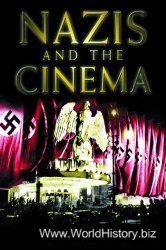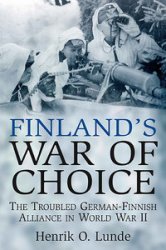PIERO GLEIJESES
Cuba’s role in the world since 1959 is without precedent. No other Third World country has projected its military power beyond its immediate neighborhood. Brazil sent a small troop to the Dominican Republic in i965 as the United States’ junior partner; Argentina’s generals briefly helped Anastasio Somoza’s defeated cohorts in 1980-81 as they sought to regain a foothold in Nicaragua; Vietnam’s soldiers never ventured beyond Indochina; China’s military activities outside Asia have been limited to the supply of weapons and the dispatch of a few hundred instructors to Africa. During the Cold War, extra-continental military interventions were the preserve of the two superpowers, a few West European countries, and Cuba. Moreover, West European military interventions in the thirty years between the rise ofFidel Castro and the end ofthe Cold War pale in size and daring compared to those of Cuba. The dispatch of 36,000 Cuban soldiers to Angola between November 1975 and April 1976 stunned the world; in early 1978, 12,000 Cuban soldiers went to Ethiopia; by 1988, there were 55,000 Cuban soldiers in Angola. Even the Soviet Union sent far fewer troops beyond its immediate neighborhood than did Cuba. In this regard, Cuba is second only to the United States.
This chapter focuses on those regions of the world where Cuba’s actions had an important, tangible impact - Latin America and Africa. It analyzes Havana’s motivations and the extent to which its policy was a function of Soviet demands. It assesses Cuba’s relations with the United States and discusses how Cuba affected the course of the Cold War.431




 World History
World History









